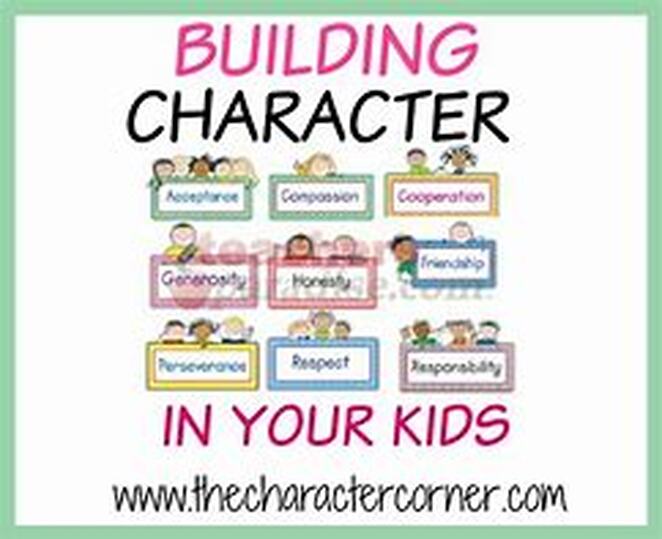 Most families have at least one character. You know, the one who occasionally does weird, funny stuff, just to get a laugh or attention. Think of the TV show, America’s Funniest Videos. The character in your home sets up pranks, makes funny faces, and enjoys the cohesiveness of family laughing together, even if they are laughing at/with him. Eight-year-old Petey was the family jokester. Always finding stuff to get into or a prank to pull. He was a character for sure. Sometimes he would walk into the family room where others were watching TV. He’d move kind of slow, shuffling dramatically, with his stomach pooched out. He would get everybody’s attention and announce, “Look at me, I’m Big Pete.” When all were together, he and his dad would be referred to as Big Pete and Little Pete. The darker side of being the family character has an unconscious purpose. In these cases, attention is drawn away from others in the family and to the character. It’s usually negative attention and its purpose is to get the family to focus away from anxious or problem-inducing behavior of others. The character’s effort is to save others in the family from dealing with important stuff. Annie, at age 13, sulked about the house, rarely making eye contact with others, and seeming always to be in a bad mood. When approached, she was quick to say, “Go away,” or, “Leave me alone.” She stayed in her room a lot. Both parents were worried about her and didn’t know what to do. It was in family therapy that they realized that Annie had been distancing herself in fear of her dad leaving her mom and her mom drinking to drown her marital sorrows. When her folks began dealing with their problems, Annie became more involved in the family. Her folks had assured her that divorce was not on the table. Annie didn’t feel the need to be the darker attention-seeking character any more. Being the character in your family and the parenting goal of building character with your kids are two very different things. With attention to problems and issues as they come up, parents want to also help their kids build character, that is, be a good person. Effective parenting involves launching your children into adulthood as independent, responsible, socially engaged adults. So, how do you do that? First, help them learn independence and social engagement by giving them chores. Such mundane, age-appropriate activities as emptying the dishwasher, doing their own laundry, keeping their rooms clean have the added benefit of teaching them responsibility and helping them see their activities as a part of the family dynamic. To get started and to check in as to how things are going, develop the routine of having weekly family meetings. Sunday afternoon is a good, check-in time when it is likely that everyone is available. Another tool for character-building is using a large, dry-erase, monthly calendar. Hang it in the common area, kitchen or family room, with the marker close at hand. Being in your family means you are responsible for keeping your activities up to date on the calendar. This activity teaches your kids both responsibility, accountability, and also give them credit for compliance Giving your children a monetary allowance and contracting for specific, involved jobs outside of their chores helps them build character. They learn negotiating skills, money management, as well as independence. They learn how to save for stuff they want and, if it fits with your values, how to tithe, contributing to the greater good of those less fortunate. Finally, make time for family fun activities as well as for one-on-one activities with each of your kids. When you are involved this way, you are teaching how to be kind, emotionally intimate, and loving. Character-building is a fundamental precept of effective parenting. If I’ve reinforced what you are already doing, great! If you are working on it, implement these ideas into your daily family life.
0 Comments
Leave a Reply. |
Archives
January 2024
Categories
All
|

 RSS Feed
RSS Feed
